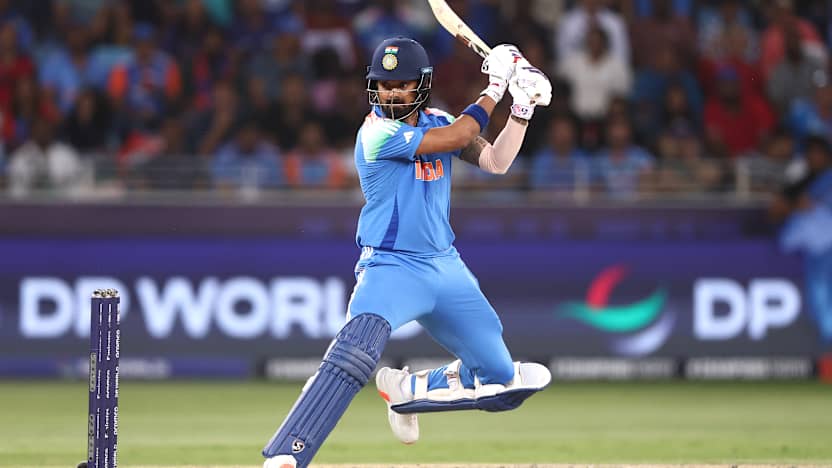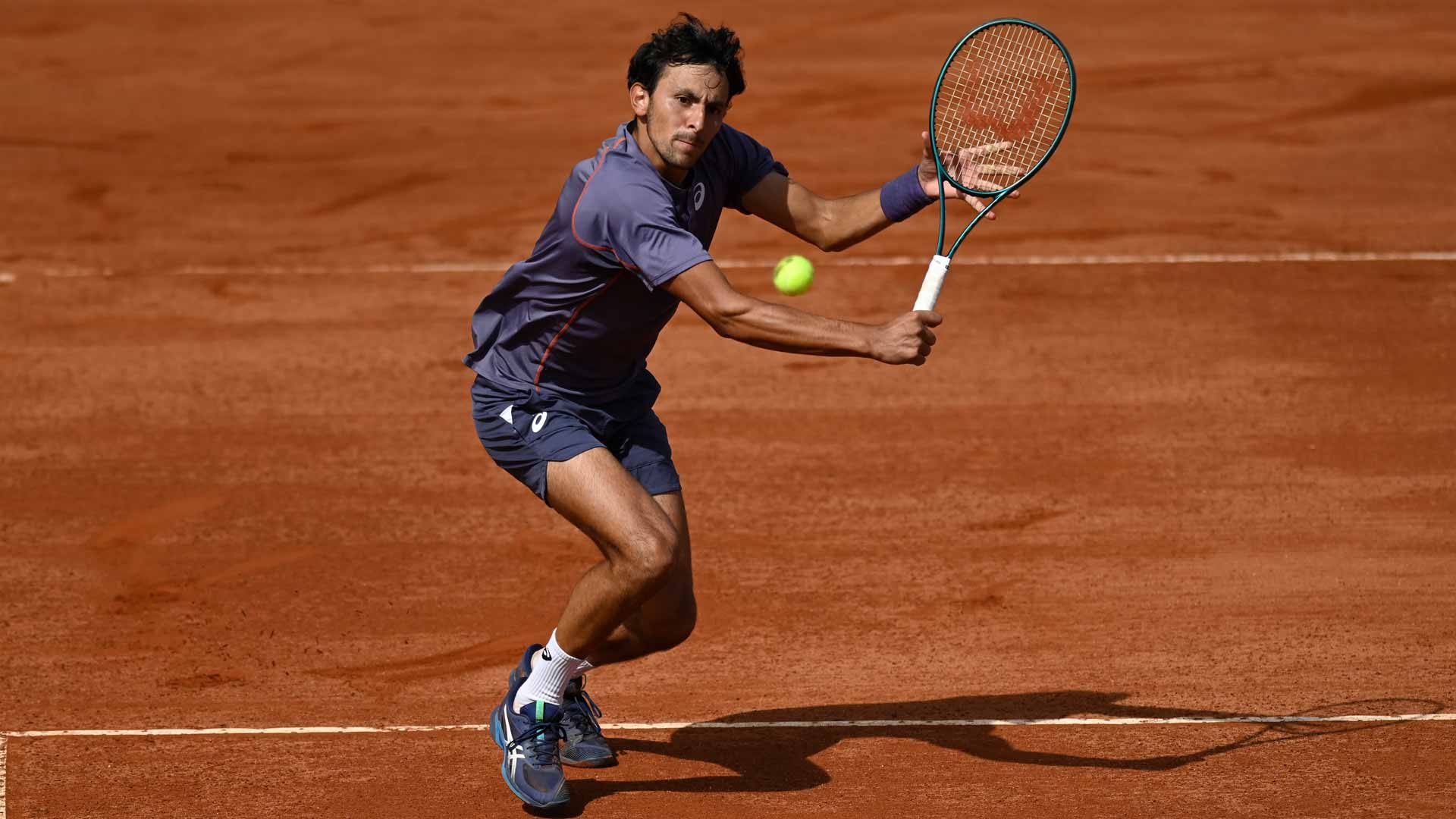Shubman Gill, India's first accidental Test captain of the 21st century

India has had many accidental Prime Ministers. On Shubman Gill will be conferred the epithet of the first accidental captain of Team India in the 21st century.Gill wasn’t born to lead, nor has he acquired the skills yet. Like all leaders who have leadership thrust upon them, he is a beneficiary of circumstances—the serendipity of being the wrong man in the right place. Because all the right men are currently in the wrong place in Indian cricket.advertisementLaurence J Peter famously said every person rises to their level of incompetence. In Gill’s case, incompetence has stooped to find the right person.Gill’s competence has been X-rayed enough to reveal an unfulfilled promise, and flaws exposed.To recap, his batting average of 35.05 in 32 Tests is the lowest amongst the top-order batters to have played for India in the past decade. Forget Virat Kohli, Cheteshwar Pujara or Rishabh Pant—even Ajinkya Rahane has a better average. For perspective, Hanuma Vihari, batting at 5 and 6, scored at 33.56 in the limited opportunities he got.Also Read: Give captain Shubman Gill a full Test season before judging him: Sunil GavaskarA closer look at Gill’s performances in challenging conditions abroad highlights his struggles. In SENA countries, Gill hasn’t scored a century. His average of 25.70 is only slightly higher than Manoj Prabhakar’s 24.2—and that’s an insult to the wannabe all-rounder who batted mostly in the lower order. His scores in the three Tests he has played in England: 28, 15, 1, 0, 17, 4. Looking at them, Geoffrey Boycott would be tempted to say, “Even my mum could bat better with a toothpick.” Shubman Gill has never captained India in Tests before. Courtesy: PTIadvertisementThe problem with Gill isn’t just his record. His weakness against the moving ball has been exploited consistently by fast bowlers. In the 21 innings in SENA countries, he has been caught eight times by the keeper, and five times in the slips or the gully. Experts have pointed at his tendency to push with hard hands early in the innings, and his weakness against outswingers. Because of these flaws, he has already abdicated the opener’s slot. Nobody knows how far down the batting order he will fall before finding his level of competence.Gill’s appraisal card screams, “Erratic performances, unproven credentials—Rating: poor.” If part of a corporate hierarchy, he’d be on a performance-support programme. But he is rewriting Peter’s Principle. Sometimes your name is your destiny. And Gill seems to be a really Shubh man.A struggling captain takes the boat down with him. Gill is already under pressure to perform as a batter, cement his place in the side. Putting him at the wheel with the weight of an inexperienced team on his shoulders is a huge risk—it may break not just him but the entire squad. In hindsight, it would’ve been better to make Jasprit Bumrah the captain, and Pant or KL Rahul as his deputy. But the BCCI seems to have been swayed by Gill’s IPL performance—an illusion that has blinded many in the past.advertisementOne man’s luck is cricket’s tragedy of circumstances. Indian cricket is, unfortunately, going through a phase that has conspired to push Gill to the forefront. Rohit Sharma’s form disappeared, forcing him to retire. Selectors weren’t willing to hand Virat Kohli the captaincy because they didn’t want to rewind the clock. Rishabh Pant’s luck seems to have run out after that tragic accident. And KL Rahul, it seems, is too old for a long-term plan—all in all, all the right men in the wrong place. Shubman Gill will make his Test captaincy debut on the England tour. Courtesy: PTIIn the long run, as John Maynard Keynes said, we are all dead. But Gill’s promotion casts doubts over India’s short-term longevity. If a batsman with a poor record, an iffy technique and a doubtful position in the team has been made the captain, something must be wrong with Indian cricket.advertisementIt is apparent the team is in transition with limited talent available for Tests. Yashasvi Jaiswal had a good outing in Australia, KL Rahul had a stop-start-stop tour, Pant blew hot and cold, and Nitish Kumar Reddy played some excellent knocks in the lower order. Jasprit Bumrah, unfortunately, lives on a razor’s edge—we never know which straw might tilt the balance. Apart from these five, most other players in the England squad, including Gill, are there because someone invented luck. Had the seniors not retired or some others been fit, half of the squad would’ve been sitting at home.Gill’s elevation isn’t an isolated decision; it reflects broader changes in Indian cricket under Gautam Gambhir’s leadership. Ashwin retired mid-series; Rohit Sharma and Virat left when they seemed willing to stay on; and senior members of the coaching staff were booted out unceremoniously. Even in the shorter format, Hardik Pandya—once seen as India’s future captain—has been sidelined.What is it about Gambhir that has created major disruptions in the team in the past six months? Is Gambhir building a team that best suits his style, or is he selecting the best team for India?advertisementGill’s unexpected rise echoes past instances in Indian cricket when unlikely leaders were thrust into the spotlight. In the late ’80s, after Sunil Gavaskar retired, the captaincy changed hands frequently. At the turn of the decade, it passed into the hands of Krishnamachari Srikkanth—perhaps the last accidental captain of the previous century.For the next ten years, Indian cricket remained in transit—hobbled by mediocre players, team intrigues, and match-fixing scandals. That era ended with the emergence of Sourav Ganguly and Rahul Dravid in cricket, and an accidental PM in politics—HD Deve Gowda.Gill’s captaincy, like Srikkanth’s, risks prolonging India’s transitional struggles unless he defies expectations.Sandipan Sharma, our guest author, likes to write on cricket, cinema, music and politics. He believes they are interconnected.Published By: sabyasachi chowdhury Published On: May 25, 2025Tune In















